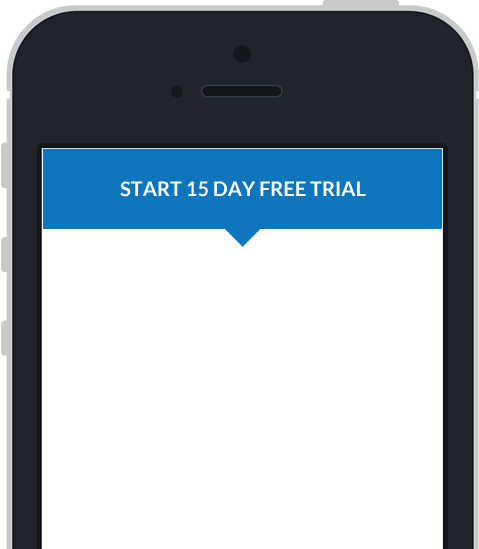This tutorial is for the new, online project designer. The tutorial for the Desktop Designer is available
here
.
Project Properties
Learn about the configuring project properties to customise your project.
Project Properties Tab
The
Project Properties Tab
will automatically appear in the
Properties Panel
on the right of the designer window,
as soon as you open a project in the designer. There are multiple sections of properties that have different
contexts and are described below.
Options
This section provides properties that can be used to customise the presentation of sessions in the sessions view on the mobile device.

Auto-scroll to keep the current point centered on screen
Set
Auto-scroll
for projects with long pages; note the scroll activates with data points (eg Selection, Drop List) and may be interrupted with Layout and Sketch points.
Immediately start a new session after finishing an old one
Immediately start new session
after previous session has closed. Useful for repetitive operations such as bar code scanning. Tap 'Finish' within 2 seconds to end automatic start cycle. Unnecessary for most projects.
Sessions become read-only after they are first saved
When the
Read Only
box is checked changes cannot be made to data collected in the field; the default unchecked setting is to enable both read and write to the project after a user session is finished.
Sessions cannot be deleted on the mobile device, only synced
Sessions cannot be deleted on the mobile device, only synced
, prevents accidental and deliberate deletion.
Set the Unit ID when sessions are re-opened on a new device.
Set Unit ID when sessions are re-opened on a new device
, enabling identification of mobile devices on return of sessions to wireless server that may have originated via a 'broadcast' to all mobile devices (see page 10 Wireless (TCP/IP) Functions).
Play an alert sound when new sessions arrive
Play an alert sound when new sessions arrive
is enabled by default, and can be unchecked and turned off.
Lock the Data Pathway settings
The
Lock Data Pathway
option enables systems managers to reduce accidental changes to Data Pathway settings by users.
Session List Columns
This is used to customize which points will appear as columns on the session list, on the mobile device. The selected columns are also used by the Javascript point to provide access to the session values for the selected columns.

Hidden Session List Columns
By default, session list columns will be displayed on the mobile device when viewing the list of
sessions for a project. An option has been provided that allows session list columns to be hidden
from the session list view and still be made available to the
Javascript point
as a data-only column. This can be useful when points are needed in Javascript but do not need
to be displayed on the session list view on the mobile device. To add a hidden column, open the
Session List columns Editor
and select the option to
Add new column headings as hidden columns
. Then select any columns to add them as data-only (or hidden) columns. The example below shows
the point named
Date of Birth
which has been added as a data-only (hidden) column.

Visual Style
The
Visual Style
section allows the visual style of the project to be modified (see below). Mobile Data Anywhere Designer
provides a default colour scheme and graphics set, but these can be replaced with a custom design. Custom
visual styles consist of a set of colours, fonts and graphics that are used to display pages, and are stored
within the project file. The default Header image in Mobile Data Anywhere Designer is 1,280 pixels wide to cater for
most Tablets in both portrait and landscape mode.

When loading over the default graphics, ensure the image used for the page
Header image
is at least 480 pixels wide (but may be up to 1300 pixels wide for use in Landscape view, and on Tablets,
desktop and notebook PCs), and between 40 and 60 pixels high so it fills the required area on screen. The page
Background
pattern will be tiled vertically down the page, and can be any width and height. Below are 480 pixels wide
Header and Background JPG images previously used in the Sales Force project. Now, in Mobile Data Anywhere Designer,
the Sales Force images are 1,300 pixels wide to support use on Tablets in both portrait and landscape mode.
